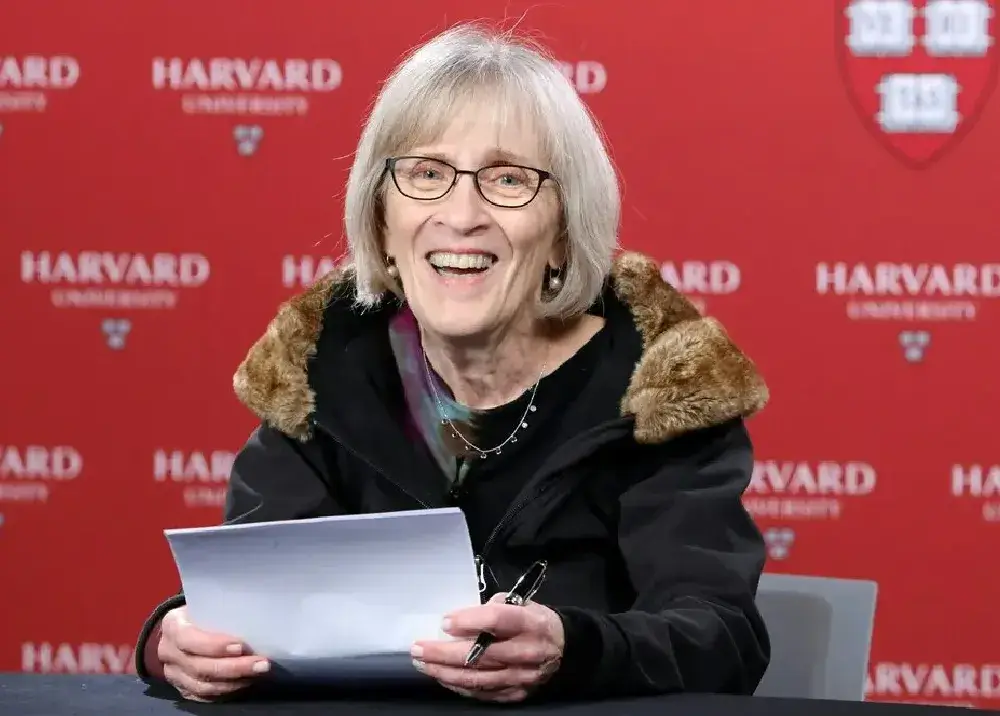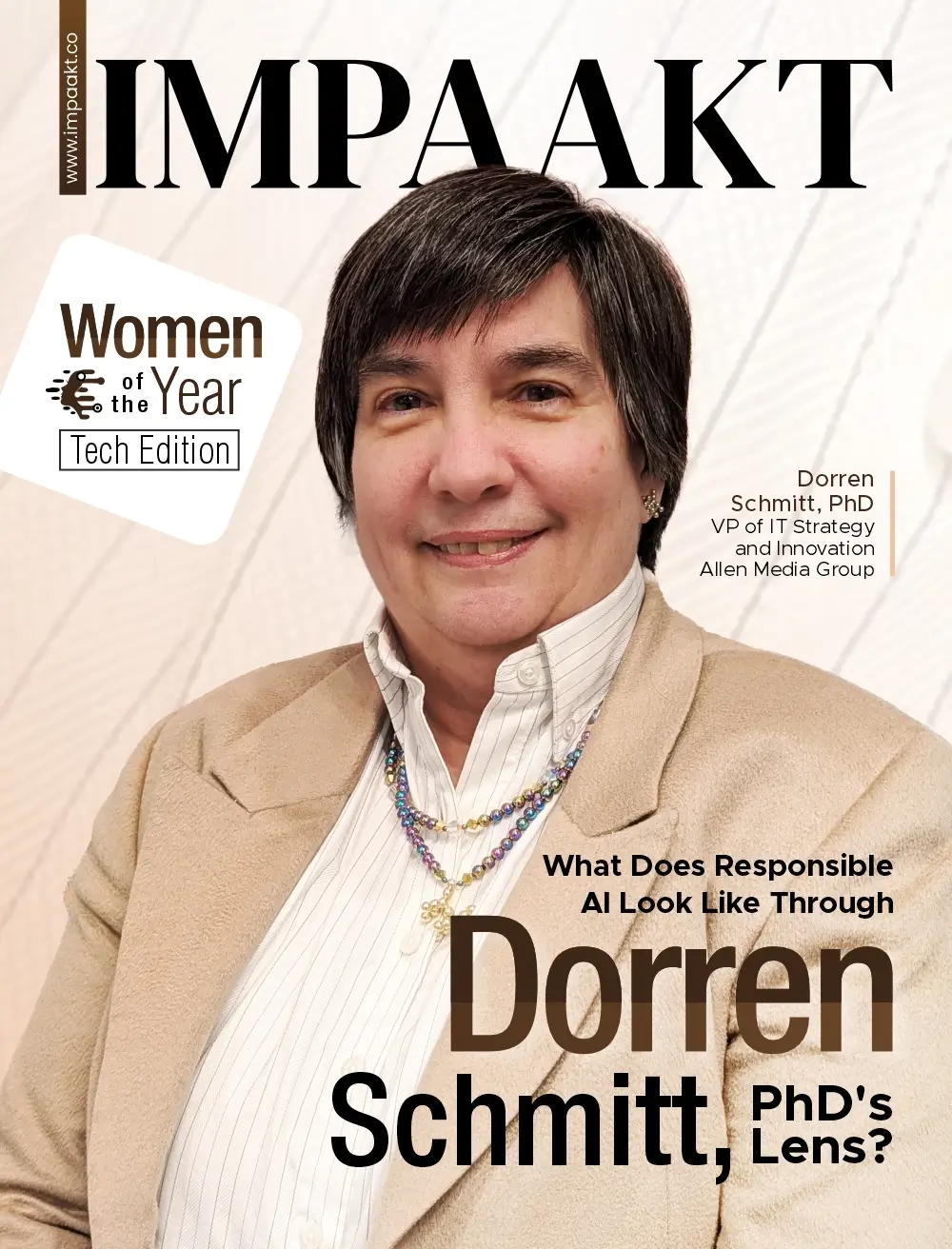Claudia Goldin, a Harvard professor, received the Nobel Memorial Prize in Economic Sciences on Monday for her groundbreaking contributions to our understanding of women’s progress in the workforce. Notably, she is the third woman ever to win the economics Nobel, which was first established in 1969, and the first to be awarded the honor individually rather than sharing it.
Dr. Goldin, 77, has a long history of pioneering work in the field. In 1989, she made history as the first woman to be granted tenure in Harvard’s economics department. Her research spans a wide range of topics, delving into the reasons behind the gender wage gap, the evolution of women’s participation in the labor market over the past two centuries, and the implications for the future of the workforce.
The Nobel committee in Stockholm commended Dr. Goldin for her research on female employment, which highlighted how the employment rate among married women decreased during the 1800s as the economy shifted away from agriculture and towards industry. Subsequently, women’s participation in the workforce increased during the 1900s, coinciding with the expansion of the service sector within the economy.
Dr. Goldin also emphasized the 1970s as a transformative period when women in the United States started marrying later, pursuing higher education, and making significant strides in the labor market. The widespread availability of birth control pills during that era removed a significant barrier to early marriage, allowing women more time to establish themselves outside the home.
Furthermore, Dr. Goldin’s research shed light on how the process of narrowing the gender wage gap has progressed unevenly throughout history, with recent progress slowing down. Presently, women in the United States earn slightly over 80 cents for every dollar earned by men. Her work revealed that much of this wage gap is observed among men and women in similar job roles, particularly after the birth of a woman’s first child.
In a 15-year study of business school students at the University of Chicago, Dr. Goldin and her colleagues found that the wage gap began to widen a year or two after a woman had her first child.
Dr. Goldin expressed hope that her research would emphasize the importance of understanding long-term changes in comprehending the labor market. She stressed that the societal and family structures in which both men and women are raised significantly influence their behavior and economic outcomes. Dr. Goldin advocated for achieving gender equality through achieving equity within couples, acknowledging the ongoing disparities often rooted in women bearing a greater burden of household responsibilities.
Colleagues praised Dr. Goldin’s work, noting her substantial influence on the field of women and labor markets. She has also served as a vital mentor to women entering the economics field.
This individual recognition for Dr. Goldin signifies a significant milestone in the ongoing progress towards gender diversity in the field of economics.











